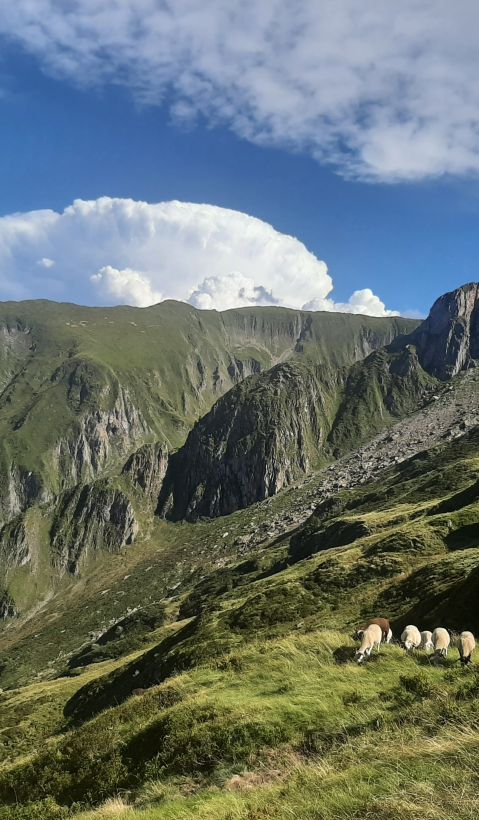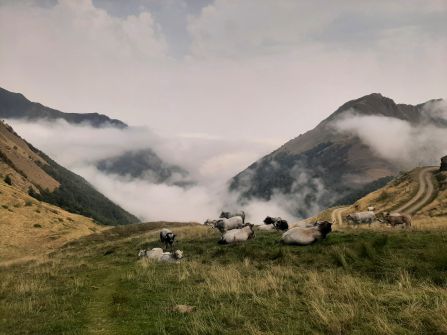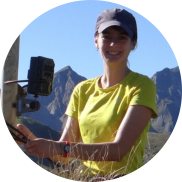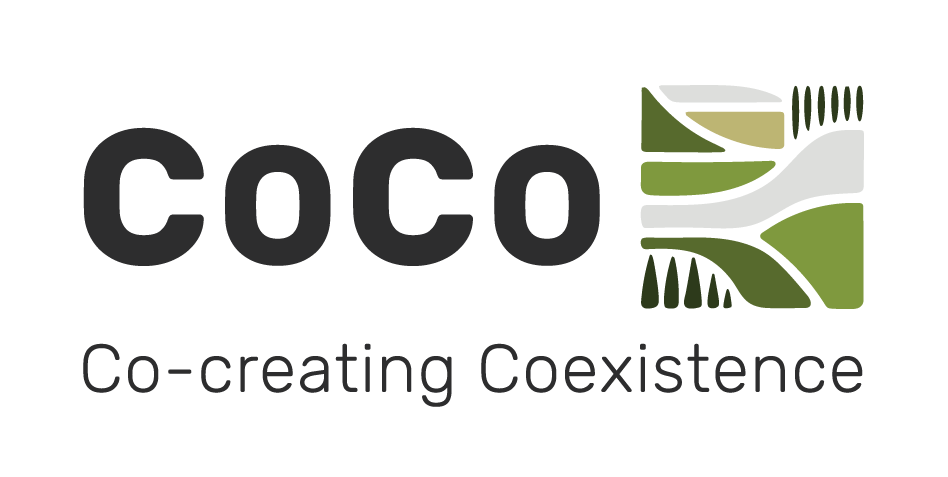
Return of Large Carnivores in France: Voices from Pastoralists in the Field
| Date |
Date
|
As the challenge of coexistence between livestock and large carnivores intensifies across Europe, the CoCo project continues its commitment to understanding and supporting those at the frontline. This summer, researchers from the French National Research Institute for Agriculture, Food and Environment (INRAE) have embarked on pivotal fieldwork in two contrasting French regions –Couserans in Ariège and Mont Lozère in the Cévennes– where bears and wolves are reclaiming their historic territories.
France Reclaimed by Large Carnivores
Once almost extinct during the 20th century, bears, wolves, and lynx are gradually returning to the French landscape. In Ariège, bears have been reintroduced for nearly thirty years, while in the Cévennes, wolves have naturally returned over the past decade. Both regions are characterised by seasonal transhumance, with herds of sheep and cattle herds traversing rugged terrain, a practice complicated by high levels of human activity and the presence of large predators. Goats, horses and other livestock species are also part of the rich pastoral tapestry of these mountain areas, sharing in both the challenges and opportunities of coexistence.

Immersion in the Field
Since June, INRAE researchers have been meeting around fifty livestock farmers and shepherds, documenting their practices, experiences, and perspectives through a detailed questionnaire. These interviews delve into the realities of coexistence with wolves and bears, shaped by both historical ties and contemporary challenges. In both regions, past relationships with predators –marked by hunting and ambivalence– continue to influence perceptions and practices today, with local history ranging from the legend of the Gévaudan beast in the Cévennes to the bear shows and eradication efforts in Ariège.
A Two-Way Dialogue: Building Solutions Together
Fieldwork reveals a strong need for pastoralists to be heard, alongside numerous questions about the future of coexistence. The CoCo team is committed to fostering genuine two-way exchange: collecting local knowledge and sharing results to inform debate and support the co-construction of solutions. Coexistence is negotiated on the ground, and through dialogue between science and society, the project seeks to co-design realistic courses of action, drawing on both scientific expertise and pastoral experience. By comparing French experiences with those in other European regions, the CoCo project aims to enrich the collective understanding of coexistence challenges.

Ultimately, the goal is to provide decision-makers with a robust foundation for designing sustainable policies, fair to pastoral communities and supportive of wildlife. The insights gained in France will contribute to the wider European effort to balance rural livelihoods with conservation.
Download the press release as a PDF.
